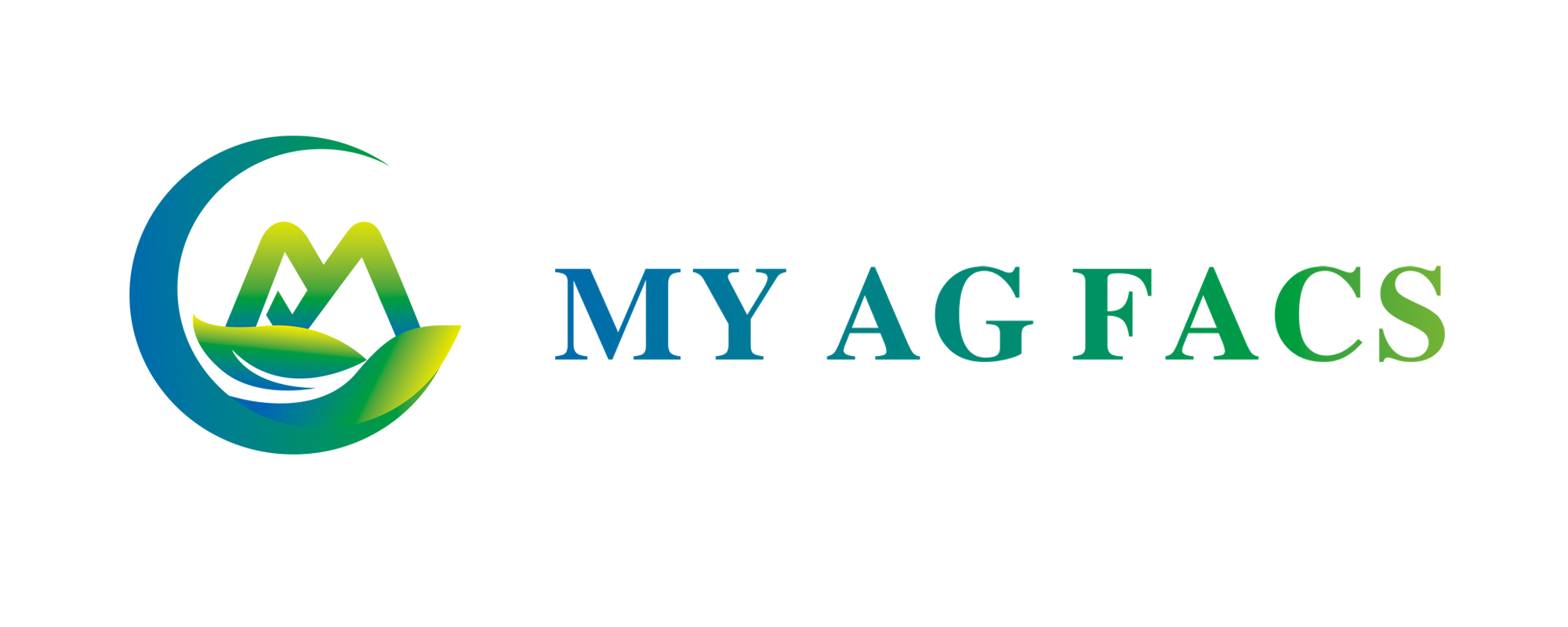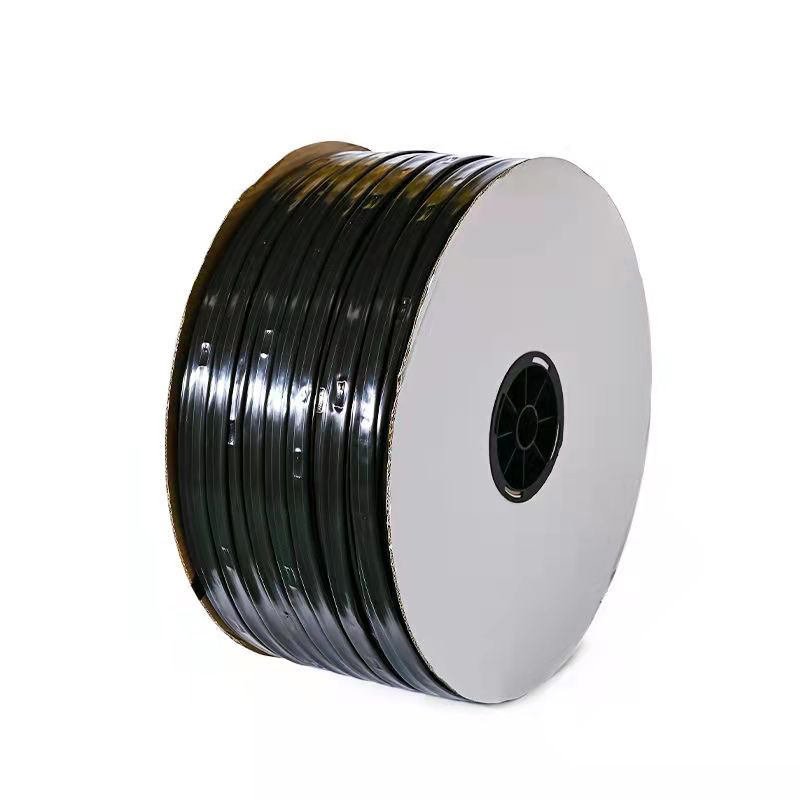

In today's world, where water resources are increasingly scarce, agricultural production faces unprecedented challenges. Balancing yield with efficient water use has become a crucial issue for agricultural development. Drip tape technology, an innovative irrigation method, is gaining widespread attention and application globally.
High Water Efficiency: Drip tape delivers water directly to the plant roots through small holes or emitters on the tape, significantly reducing evaporation and leakage. Studies show that using drip tape can save over 50% of irrigation water.
Improved Crop Yield and Quality: Drip tape provides consistent water supply, meeting the water needs of crops at different growth stages. This helps in enhancing crop yield and quality, making it especially suitable for high-value crops such as fruits and vegetables.
Weed Growth Reduction: By supplying water only to the plant roots, drip tape prevents large areas of soil from becoming wet, effectively suppressing weed growth. This reduces the need for herbicides and lowers pesticide pollution.
Labor Savings: Drip tape systems can be automated, reducing the need for manual operation. This increases irrigation efficiency and precision, saving significant labor costs.
Versatility: Drip tape is adaptable to various terrains and soil conditions. Whether it's plains or hills, sandy soil or clay, drip tape can be effectively applied. It is widely used in field crops, greenhouse cultivation, and horticultural landscaping.
In the future, with continuous innovation and promotion of drip tape technology, its application in global agriculture will become more extensive and in-depth. This will bring more economic and ecological benefits to agricultural production, contribute to the sustainable use of water resources, and drive modern agriculture toward higher efficiency and environmental friendliness. The promotion and application of drip tape technology will undoubtedly provide strong support for addressing global water scarcity and achieving sustainable agricultural development.